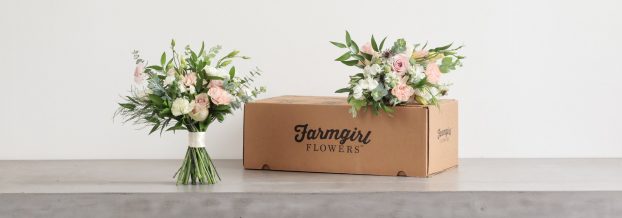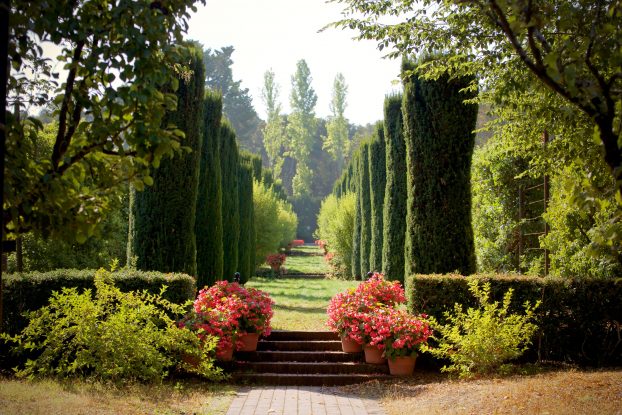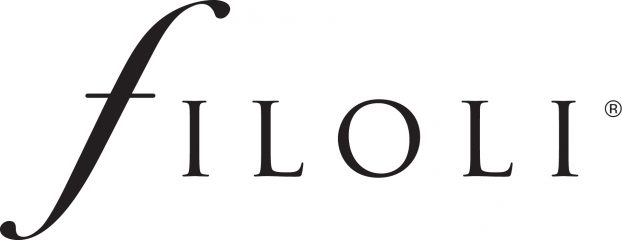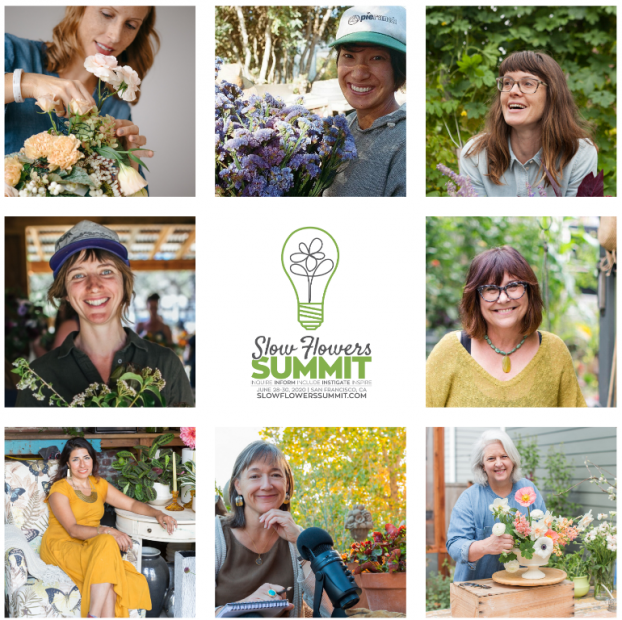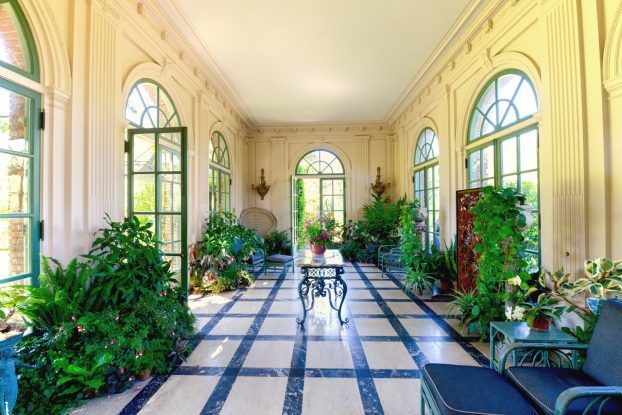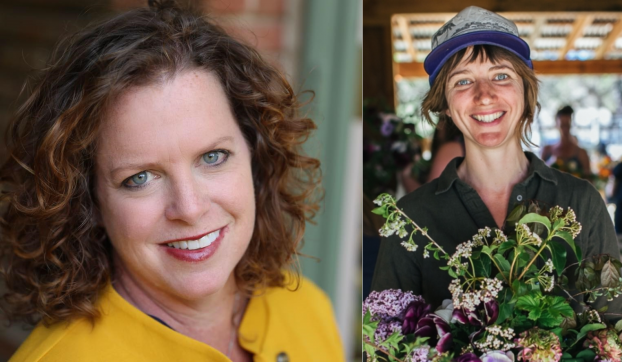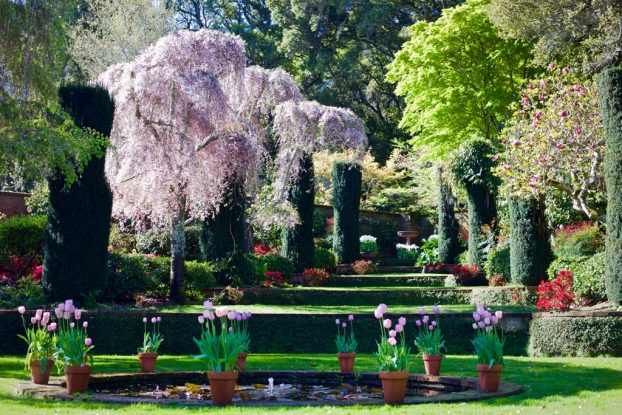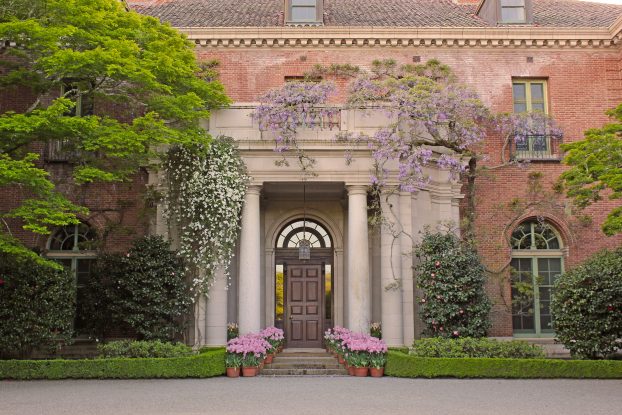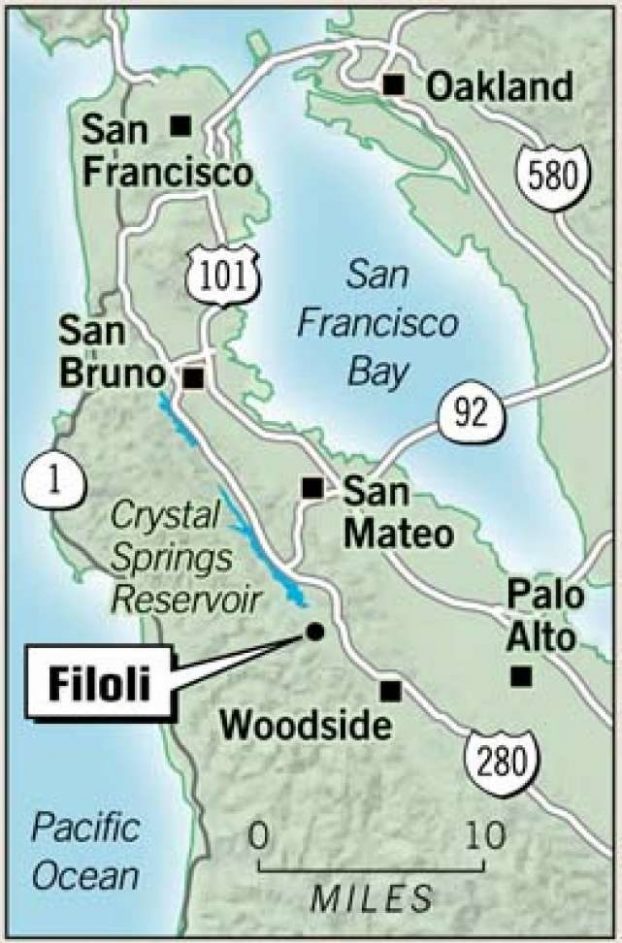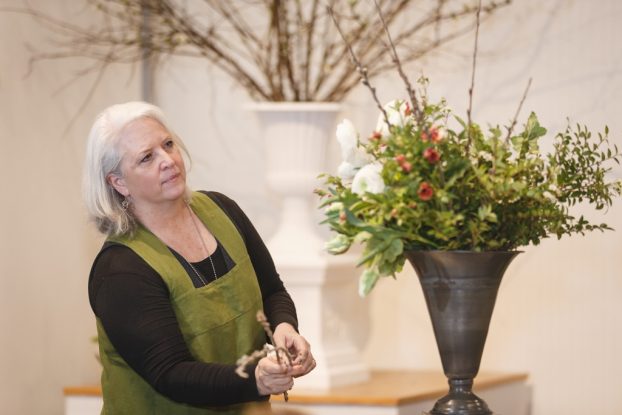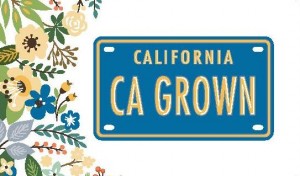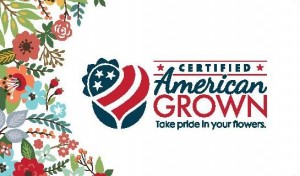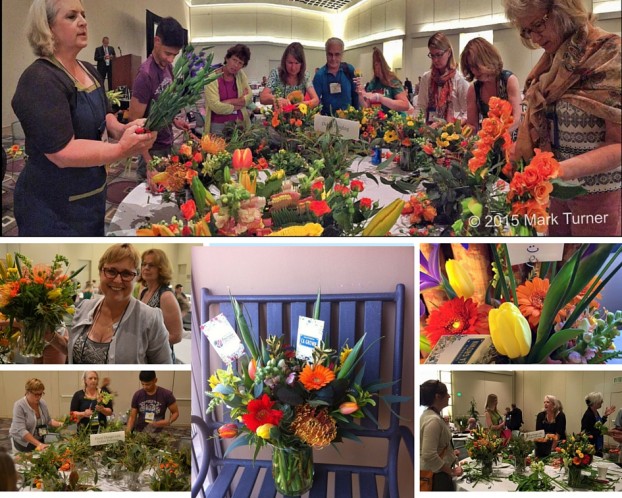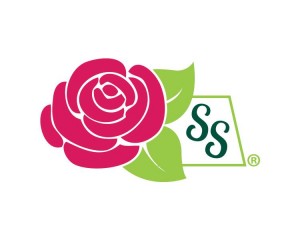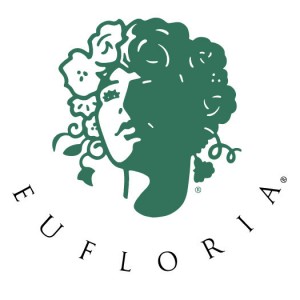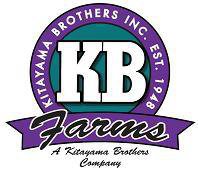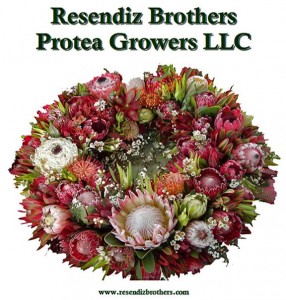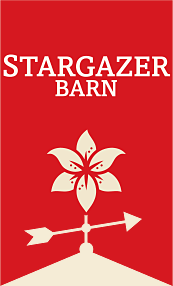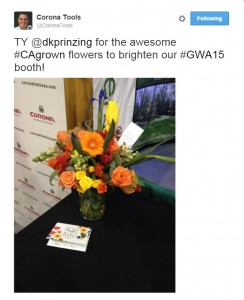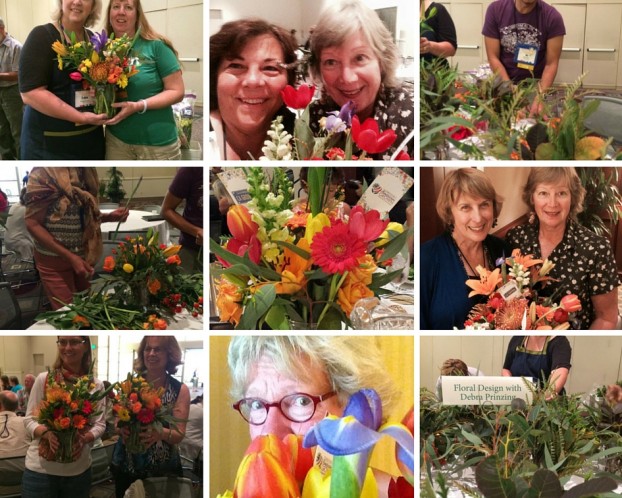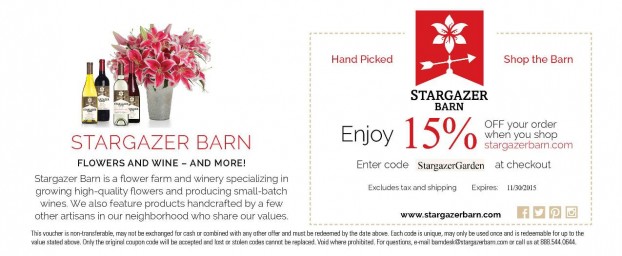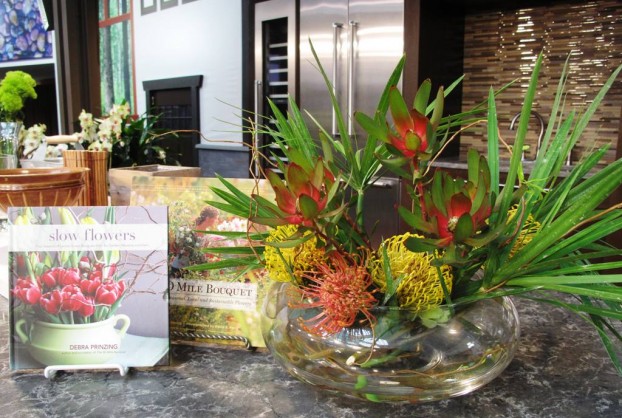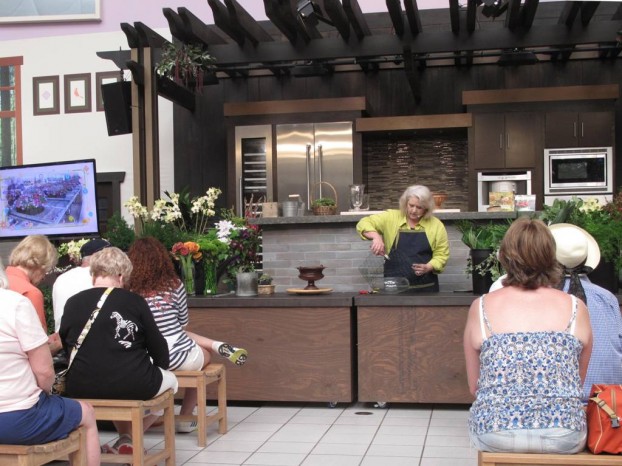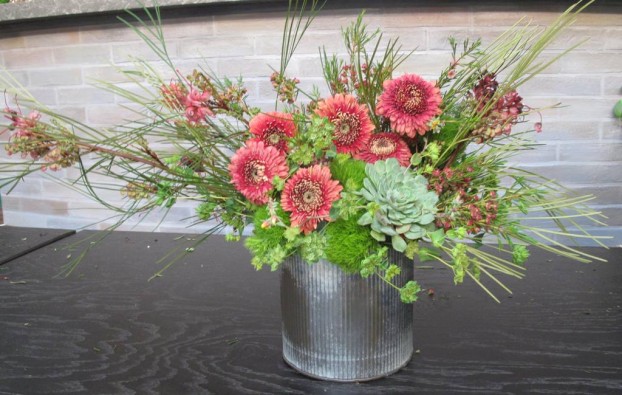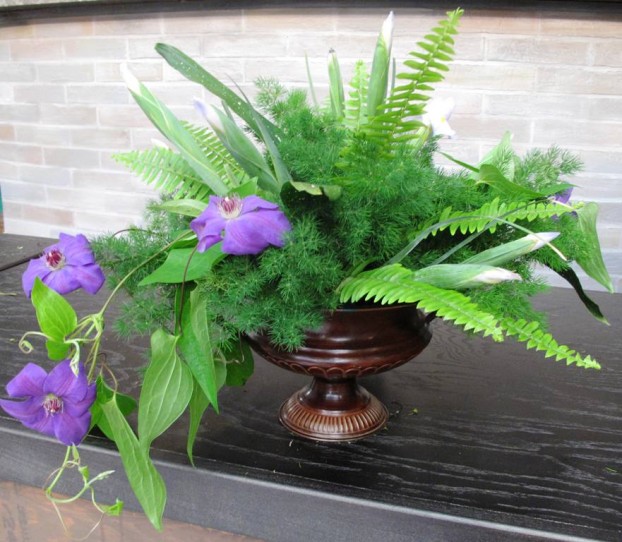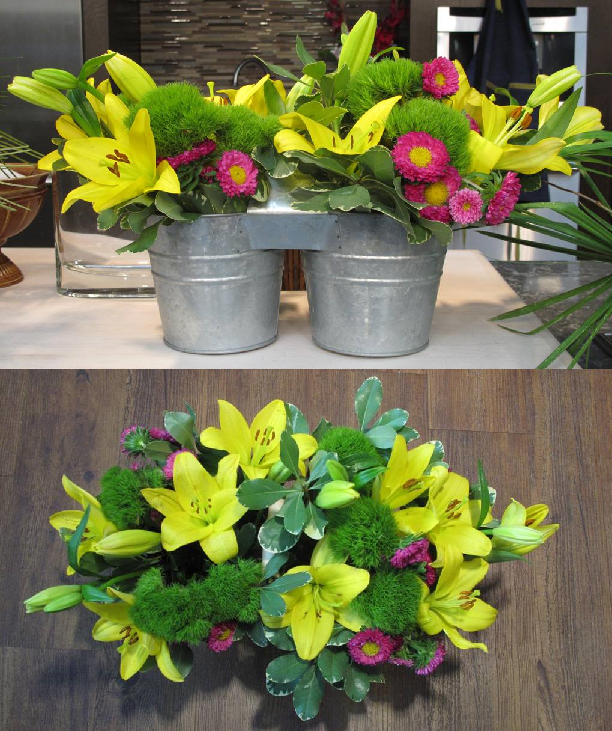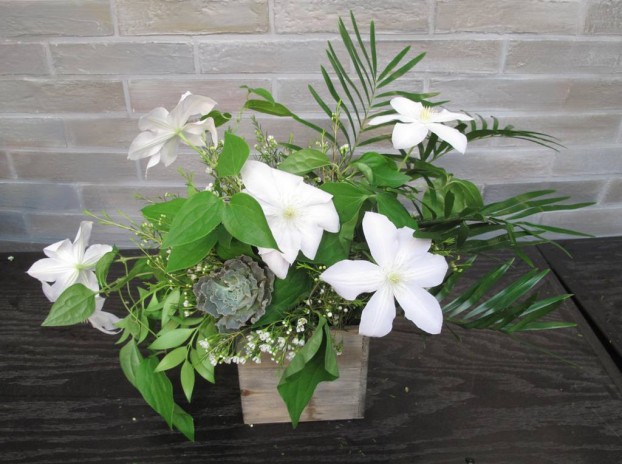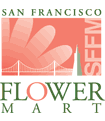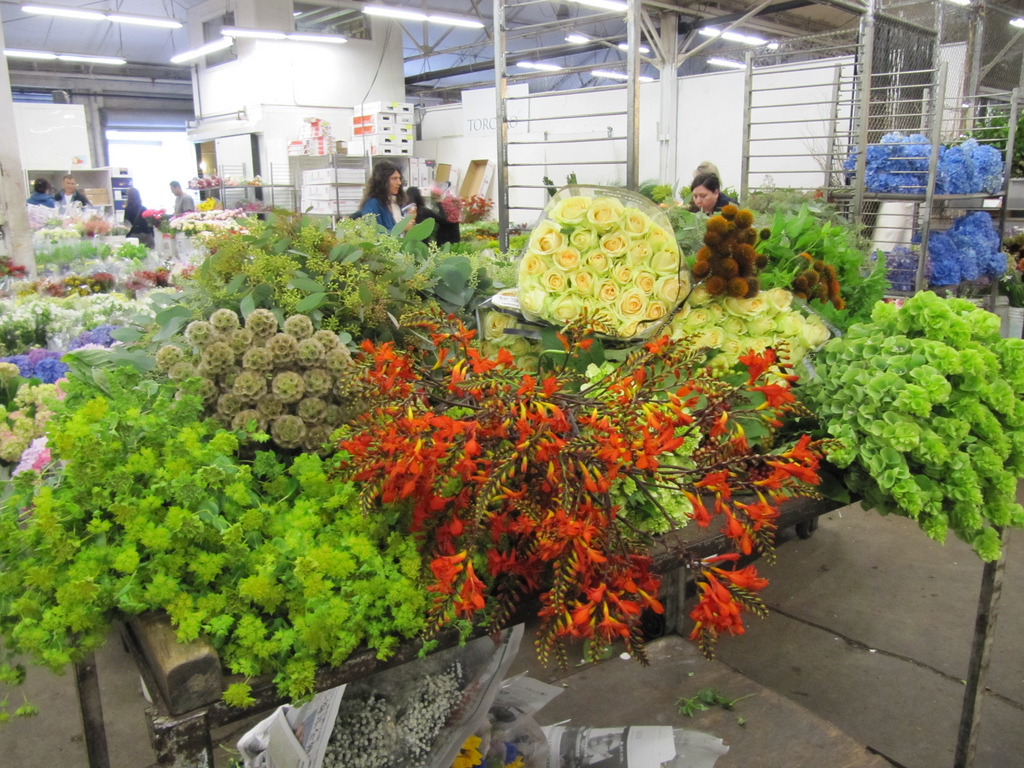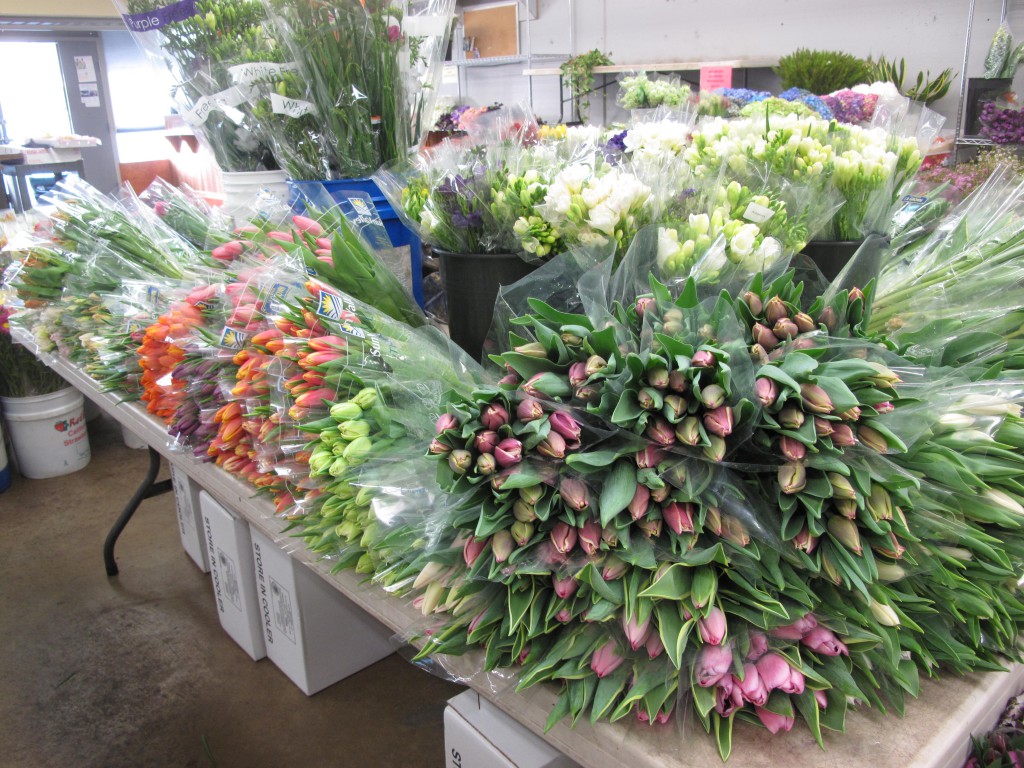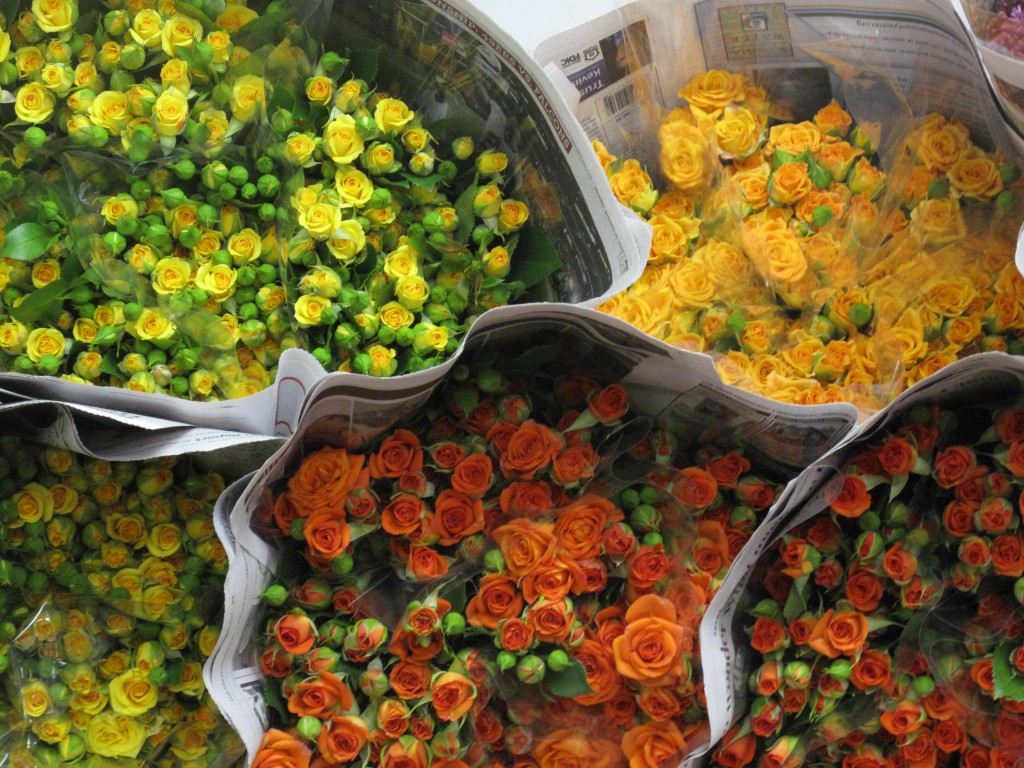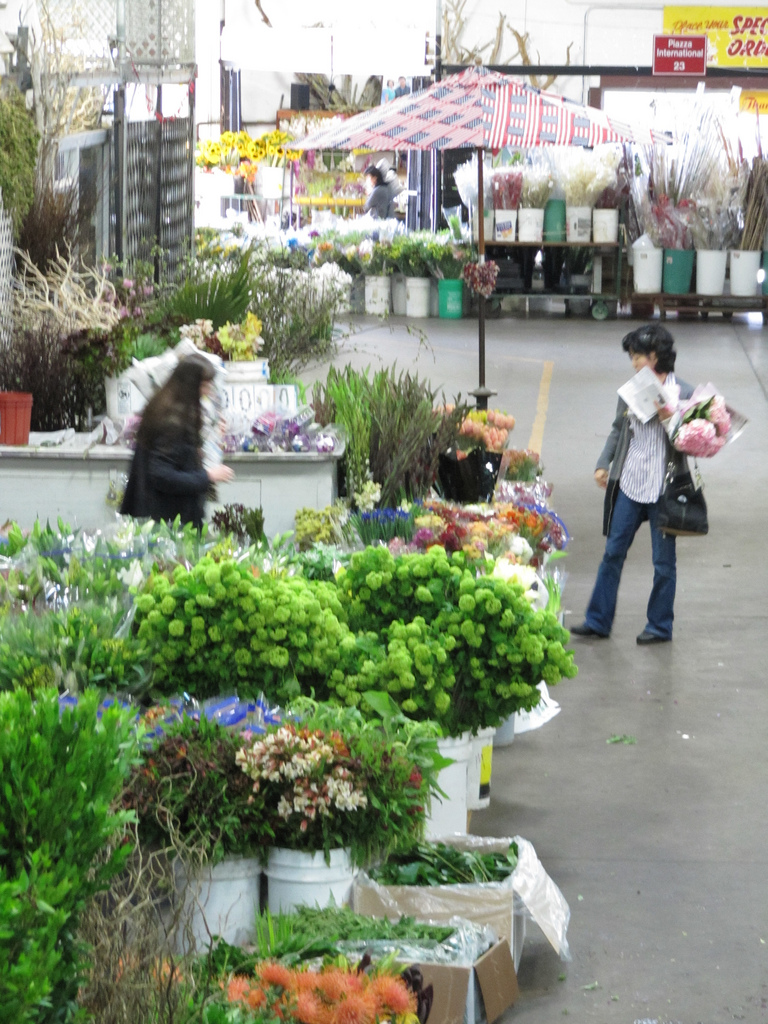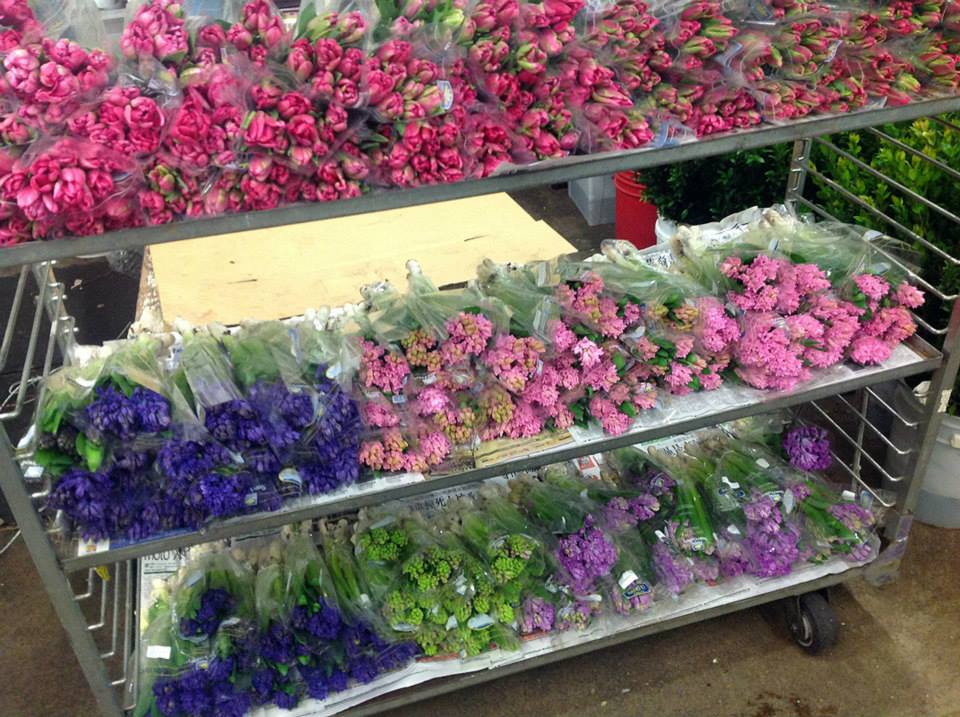Podcast: Play in new window | Download
Subscribe: Apple Podcasts | Podcast Index | RSS | More
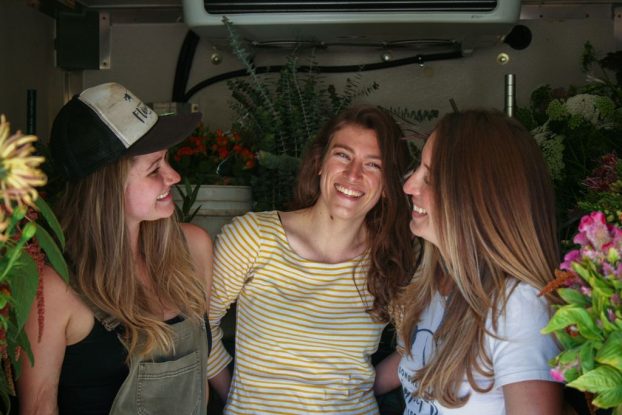
Today, we have two guests who will bring us up to speed on some exciting floral news happening in and around the Bay Area. As many listeners may recall, there was considerable disruption in the floral marketplace last year with COVID and yet so many flower farmers and florists prevailed, pivoted and innovated as they figured out how to get local, seasonal and sustainably-grown blooms into the hands of consumers.
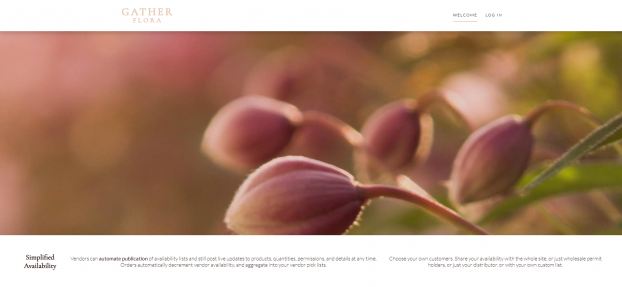
Now, with 2021, the pressure comes not from a pandemic but from a vulnerable global supply chain, and here’s where my first guest enters. Please meet Hannah Brannan, a software engineer and founder of Gather Flora, a web platform that connects farmers and florists to facilitate convenient and improved local flower sales.
Hannah’s love of flowers traces back to a childhood, playing barefoot in her grandmother’s magical garden in Texas. In 2014, Hannah moved to California, home to 80% of U.S. domestic floral production, where she rekindled her childhood enchantment in flowers.
Hannah has spent the past several growing seasons embedded in Northern California’s floral community. Last year, she ran the sales platform for the Sonoma Flower Mart (with 8 farms and 44 weekly active users) and volunteered on the Board of the Sacramento Valley Flower Collective, all while beta testing gatherflora.com .
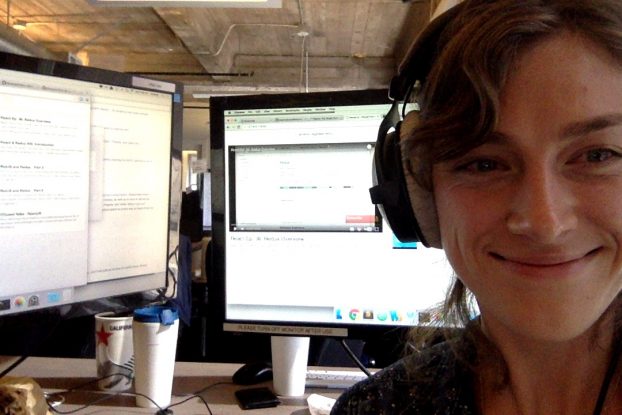
As Hannah recently wrote: The most inspiring, locally grown flowers that make it to flower shops today are produced by small and medium-sized, mission-driven, dedicated growers and brought to us by wildly dedicated local florists. However, the time, energy, and multiple rounds of back-and-forth communication aren’t always feasible for busy, hard-working florists. I learned that the sentiment of being overstretched resounded from farmers and florists alike and it was clear that there was a need to apply technology in a thoughtful way to alleviate these challenges. Ultimately, I found that I could best serve the community by merging flowers and software and the result is Gather Flora
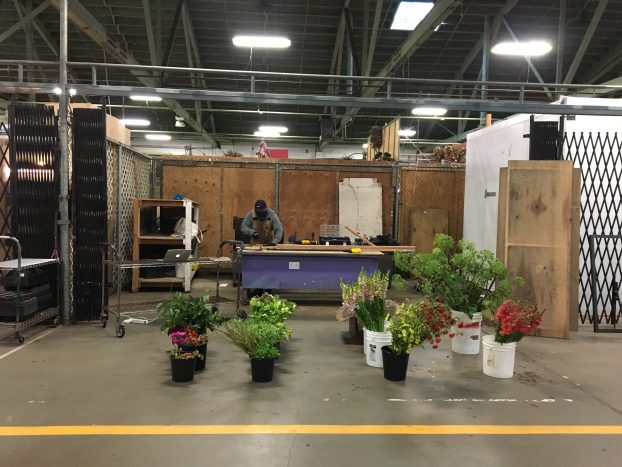
You’ll hear about Hannah’s path to flowers from software coding and engineering to volunteering in a flower shop and on flower farms. It all comes together in her newes chapter — running the Gather Flora Flower Stall at the San Francisco Flower Mart.
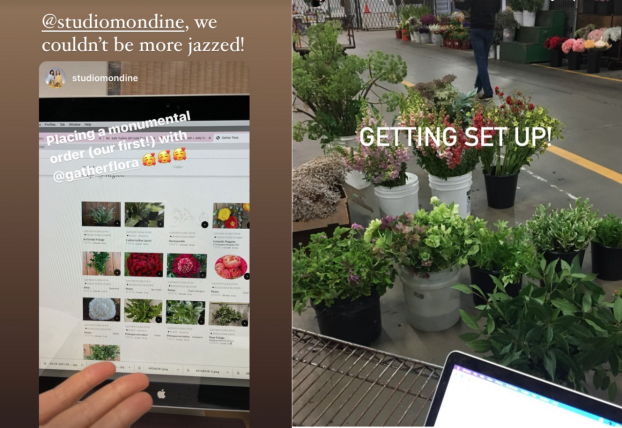
To finance the Flower Stall launch, Gather Flora created a Kickstarter Campaign to raise $13,500 needed funds. As of last week, the campaign had met and exceeded its goal at $15,588 and counting. You’ll hear Hannah discuss more in our episode — please join me in wishing this young collective endeavor a huge success. I think the main insight here is that while buying flowers online is very convenient, there are still times when florists want to use their senses and shop in person. Now Gather Flora has a hybrid way to connect farms and florists in the Bay Area.
More resources from and about Gather Flora:
- CA-based florists and wholesalers sign up for pre-orders here.
- Gather Flora+ Max Gill Master’s Workshop Scholarship Application here
- In 2021, we are looking to expand our network to 50 CA flower growers. If you are an interested, CA-based grower, please apply here
- For all non-CA-based growers (US and international) who are interested in receiving future updates about Gather Flora regional expansion click here.
- Follow: @gatherflora (IG) and Gather Flora (Facebook)
Bonus Guest: Elise Schultheis
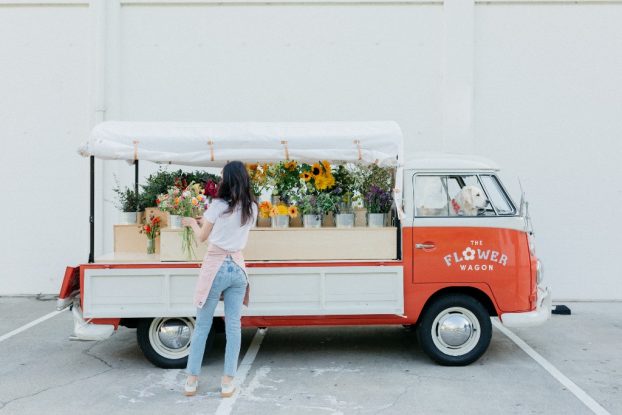
When Hannah and I began planning this episode, I suggested we bring in a second guest — a Slow Flowers member who uses the Gather Flora platform.
And I’m delighted to introduce you to Elise Schultheis of The Flower Wagon. We recorded this episode on Earth Day, April 22nd, which was also the date Elise debuted her new, sustainably-minded business in the Bay area. How fun is that!?
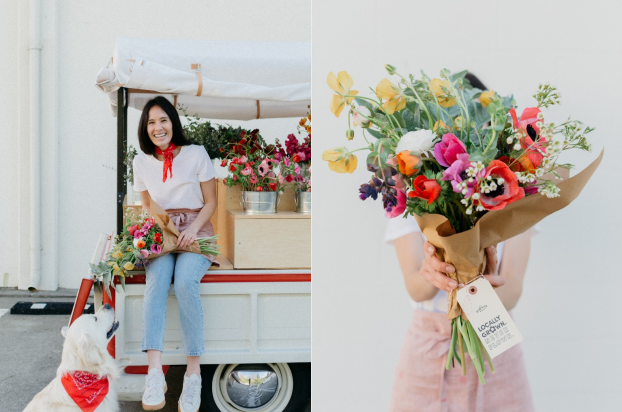
Elise’s business emerged from her love of flowers and her entrepreneurial spirit, formed while also completing an MBA with a focus on Sustainability and Social Impact. The Flower Wagon, also named “Flora” is a 1963 Volkswagen Single Cab fueled by flower power. After several months of tuning her up and converting her into a flower shop on wheels, Flora is now filled with fresh blooms and is on a mission to celebrate the San Francisco Bay Area’s sustainable, locally-grown flowers and the people who grow them.
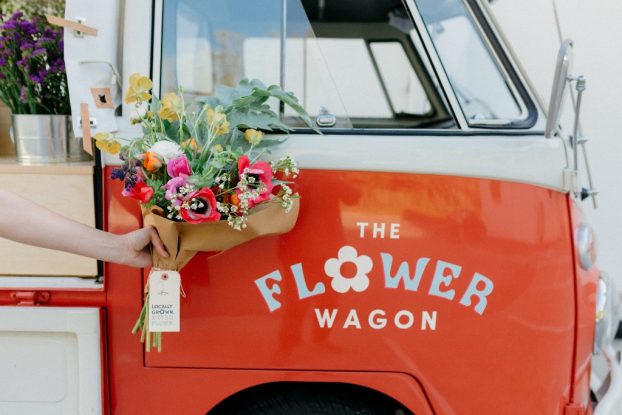
Follow The Flower Wagon on Instagram!
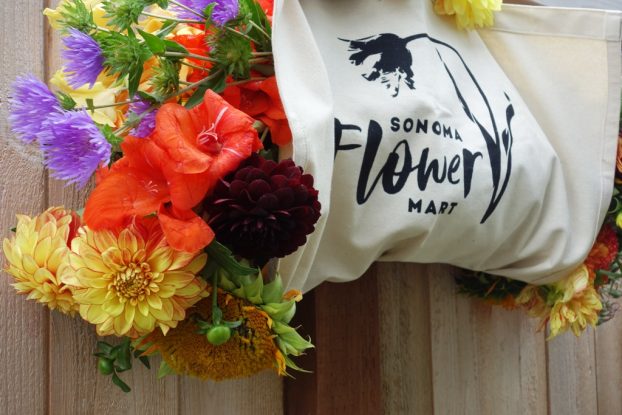
A Post-Script: You heard Hannah talk about working with the Sonoma Flower Mart in 2020, and now comes news that the business is for sale. Sonoma Flower Mart, an amazing local flower distribution business based in Sonoma County, California is looking to connect with interested buyers. Sonoma Flower Mart is an established local flowers business with access to a great network of farms connected through the Gather Flora platform. There is so much community support behind this business and the local flowers community is excited to welcome a who shares the value for community & local.
If you are interested in learning more, contact Sonoma Flower Mart at flowers@sonomaflowermart.com. Let’s help local flowers flourish in an important hub — California wine country! Sending everyone involved our best wishes to see this endeavor continue under new leadership!
Help me Celebrate our NEW BOOK: Where We Bloom!
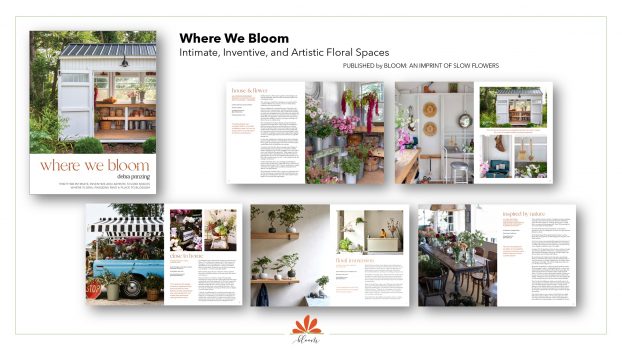
As you’ve been hearing over the past weeks, my new book Where We Bloom, recently debuted and the response has been so encouraging!
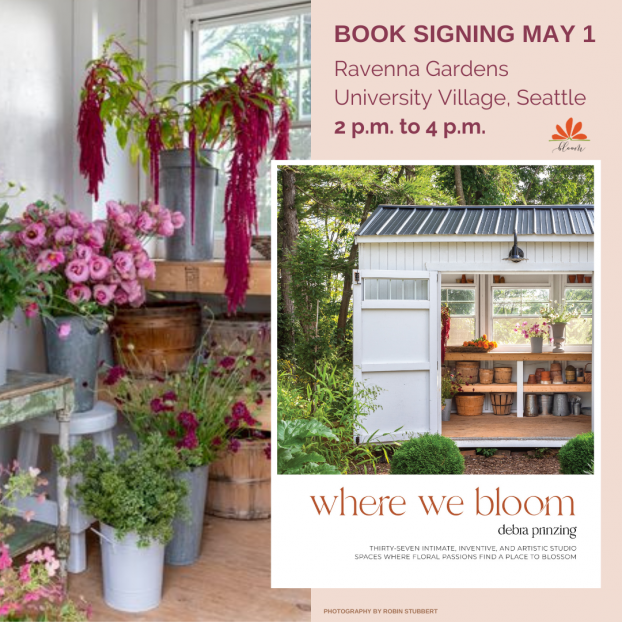
And if you’re in the Seattle Area, you’re invited to join us at one of two upcoming book-signing events. Meet me, my partner in BLOOM Imprint, creative director Robin Avni, and several of the Slow Flowers members whose beautiful studio spaces are featured in the pages of Where We Bloom!
On May 1st, 2-4 p.m., we will be at Ravenna Gardens at Seattle’s University Village shopping center, signing books and greeting kindred spirits. Farmer-florist Lori Poliski of Flori, featured in Where We Bloom, is bringing flowers from her garden to give away while supplies last.
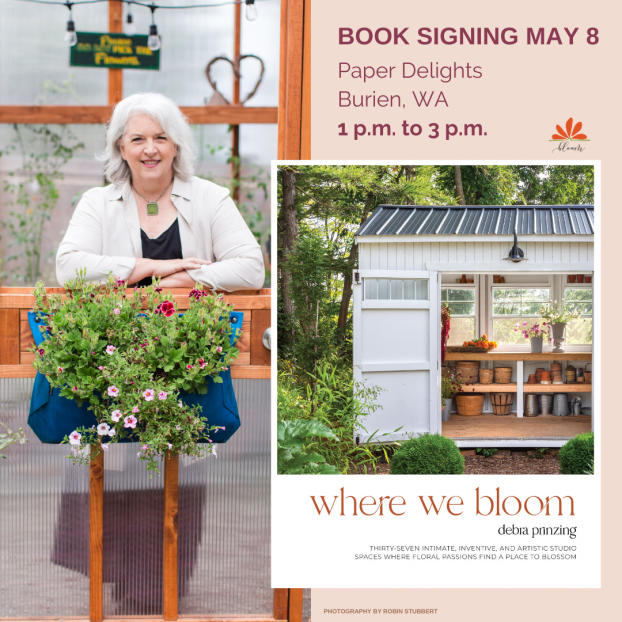
On May 8th 1-3 p.m., you can find us at PaperDelights in Burien, just south of Seattle, where we are joining Teresa Rao of Belle Pétale, also featured in Where We Bloom, for a booksigning and mother’s day flower pop-up.
Hope to see you there! We’ll have our masks on as we respect all COVID social distancing guidelines, but hey – it’s spring, it’s almost mother’s day, and we are ready to bloom with you!
Thank you to our Sponsors!
This podcast is brought to you by Slowflowers.com, the free, online directory to more than 875 florists, shops, and studios who design with local, seasonal and sustainable flowers and to the farms that grow those blooms. It’s the conscious choice for buying and sending flowers.
And thank you to our lead sponsor for 2021, Farmgirl Flowers. Farmgirl Flowers delivers iconic burlap-wrapped bouquets and lush, abundant arrangements to customers across the U.S., supporting more than 20 U.S. flower farms by purchasing more than $9 million dollars of U.S.-grown fresh and seasonal flowers and foliage annually, and providing competitive salaries and benefits to 240 team members based in Watsonville, California and Miami, Florida. Discover more at farmgirlflowers.com.


For each Podcast episode this year, we thank three of our Major Sponsors. Longfield Gardens, which provides home gardeners with high quality flower bulbs and perennials. Their online store offers plants for every region and every season, from tulips and daffodils to dahlias, caladiums and amaryllis. Check out the full catalog at Longfield Gardens at longfield-gardens.com.
Johnny’s Selected Seeds, an employee-owned company that provides our industry the best flower, herb and vegetable seeds — supplied to farms large and small and even backyard cutting gardens like mine. Find the full catalog of flower seeds and bulbs at johnnysseeds.com.
Mayesh Wholesale Florist. Family-owned since 1978, Mayesh is the premier wedding and event supplier in the U.S. and we’re thrilled to partner with Mayesh to promote local and domestic flowers, which they source from farms large and small around the U.S. Learn more at mayesh.com.
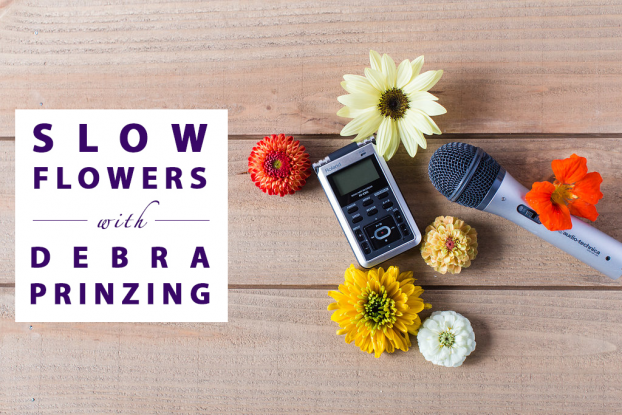
Thanks so much for joining us today! The Slow Flowers Podcast has been downloaded more than 720,000 times by listeners like you. Thank you for listening, commenting and sharing – it means so much. As our movement gains more supporters and more passionate participants who believe in the importance of our domestic cut flower industry, the momentum is contagious. I know you feel it, too.
I value your support and invite you to show your thanks to support Slow Flowers’ ongoing advocacy, education and outreach activities. You can find the donate button in the column to the right at debraprinzing.com
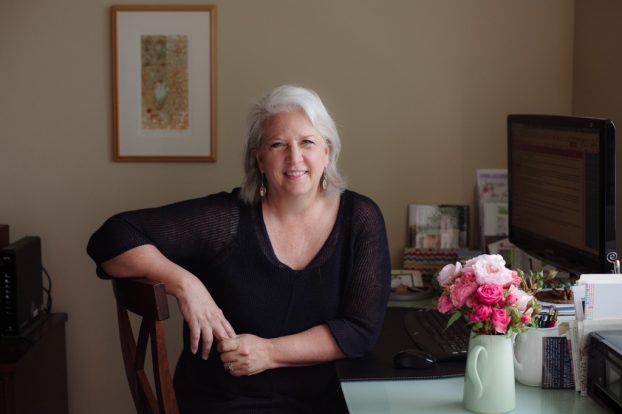
I’m Debra Prinzing, host and producer of the Slow Flowers Podcast. Next week, you’re invited to join me in putting more Slow Flowers on the table, one vase at a time. And If you like what you hear, please consider logging onto iTunes and posting a listener review.
The content and opinions expressed here are either mine alone or those of my guests alone, independent of any podcast sponsor or other person, company or organization.
The Slow Flowers Podcast is engineered and edited by Andrew Brenlan. Learn more about his work at soundbodymovement.com.
Music Credits:
Game Hens; Waterbourne; Turning on the Lights; Gaena
by Blue Dot Sessions
http://www.sessions.blue
Lovely
by Tryad
http://tryad.bandcamp.com/album/instrumentals
http://creativecommons.org/licenses/by-sa/3.0/
In The Field
audionautix.com









